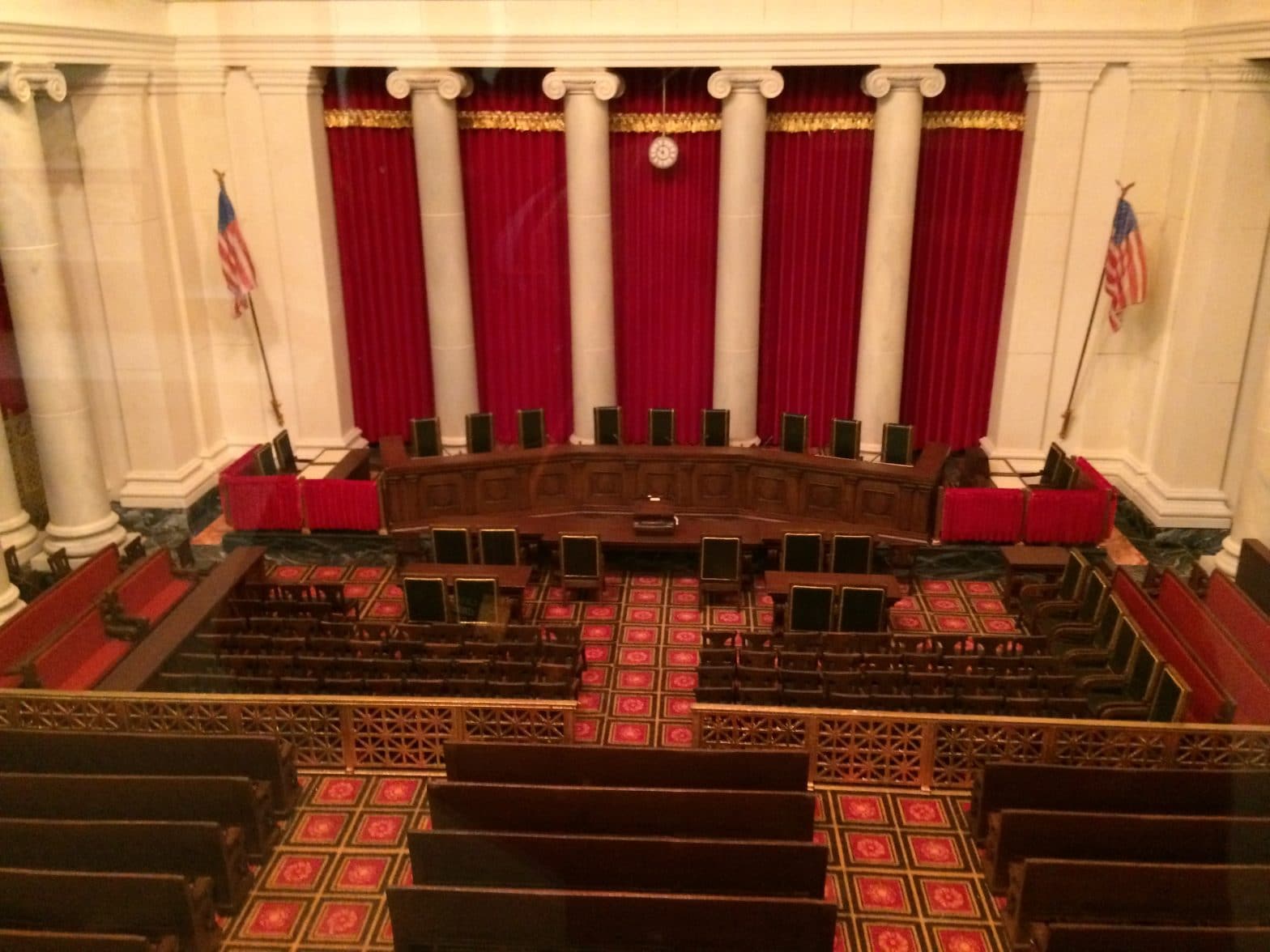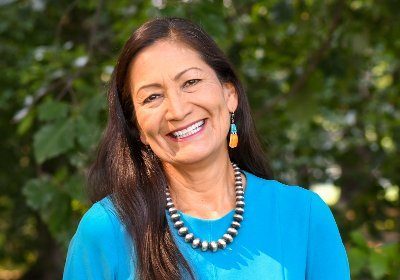Supreme Court Urged to Decide If Electoral College Voters Are Bound to State’s Winner

WASHINGTON – In 2016, 10 Electoral College voters challenged the notion they were bound to vote for the winner of the presidential election in their state and at least tried to vote for somebody else.
Seven electors actually cast that vote, while the other three were stopped and denied the right to cast their ballot.
The number of so-called “faithless voters” was the most to ever emerge in a single presidential contest.
The previous record was set in 1808, when six Democratic-Republican electors opposed James Madison. It was also the first time since 1832 in which more than a single elector cast a faithless vote.
Now, the state of Colorado and several of those electors are asking the U.S. Supreme Court to weigh in on the matter.
This after 10th U.S. Circuit Court of Appeals ruled in August that no, presidential electors do not have to follow state rule and vote for the presidential candidate who receives the most votes in their state.
Colorado’s petition, filed last month, is an appeal of the 10th Circuit ruling. A separate petition has been filed by electors in Washington State. The latest filing on the issue was made on Friday, when a California elector, Vinz Koller, filed an amicus brief, urging the justices to take up the case, and by extension, his own.
The results of the case, if taken up by the high court, could have profound implications for the 2020 election. And a decision likely wouldn’t be handed down until June, just months before voters head to the polls.
The Colorado case began when three of the state’s nine electors attempted to vote for John Kasich rather than Hillary Clinton, who had won the popular vote in Colorado.
Micheal Baca, Polly Baca and Robert Nemanich chose to vote for Kasich as part of a “Hamilton electors” movement across the country whose supporters argued the U.S. Constitution did not bind state electors to vote for a certain candidate.
All three were threatened with removal from the Electoral College vote if they went ahead with their plan, but only Michael Baca followed through with his threat.
Then-Secretary of State Wayne Williams had Baca summarily removed from the venue, and he was replaced as an elector on the day Colorado certified its votes.
Polly Baca and Nemanich ultimately cast their votes for Clinton, but all three sued the state, contending it had violated their voting rights.
The 10th Circuit ruled this summer that the U.S. Constitution contains no language that allows a state to remove an elector or toss out his or her vote.
“Even where an elector violates a state-required pledge to vote for the winners of the state popular election, there is nothing in the federal Constitution that allows the state to remove that elector or to nullify his votes,” Judge Carolyn Baldwin McHugh wrote in the majority opinion.
“In the absence of such express authority, the states may not interfere with the electors’ exercise of discretion in voting for President and Vice President by removing the elector and nullifying his vote,” McHugh said.
Colorado Secretary of State Jena Griswold and state Attorney General Phil Weser petitioned the Supreme Court to take up the case, arguing the 10th Circuit ruling violated the states’ rights as outlined in Article II of the U.S. Constitution.
At a news conference, announcing the petition, Weiser said the case “is a threat to a shared understanding of how our democracy works.”
A separate petition to the Supreme Court has been filed by three Electoral College voters in Washington state, where the courts have ruled the state could regulate the vote of an elector either directly or indirectly.
Electors Peter Bret Chiafalo, Levi Jennet Guerra and Esther Virginia John, who were nominated as presidential electors for the Washington Democratic Party for the 2016 election, but when the time came to cast their votes, they voted for Colin Powell, who was not on the ballot.
The three electors were each fined $1,000 for failing to vote for the nominee of their party.
The Washington state Supreme Court upheld the fines, ruling “the Constitution does not limit a state’s authority in adding requirements to presidential electors, indeed, it gives to the states absolute authority in the manner of appointing electors.”
In urging the Supreme Court to wade into the matter, Vinz Koller raises two issues: the first being states’ rights to punish faithless electors; the second being his inability to get a judicial review of his case.
Like the Washington state petitioners, Koller faced a fine of $1,000 and up to three years in prison.
As a convicted felon, he would also have lost his right to vote, sit on a jury, to conduct business with the government or possess a firearm.
He said he tried to get a federal court to rule on the merits of his constitutional efforts and these the state punishments, but the court declined to hear the case, initially because California had not pursued criminal prosecution, and later because the completion of the Electoral College vote rendered his request for relief moot.
Melody Kramer, an attorney for Koller, said more than half the states currently bind their Electoral College voters to endorse for the winner of the popular vote in their state.
“The question is, do we want to allow this, or do we want to carry out our elections as the framers of the Constitution attended,” she said. “Of course, if the justices take up the case and strike down the statutes, it could have a ripple effect and call the validity of the Electoral College into question.
“It may be this all leads to the drafting of a Constitutional Amendment to do away with it,” Kramer said. “It’ll be interesting to see how this all plays out. I can’t even speculate on the outcome.”






















